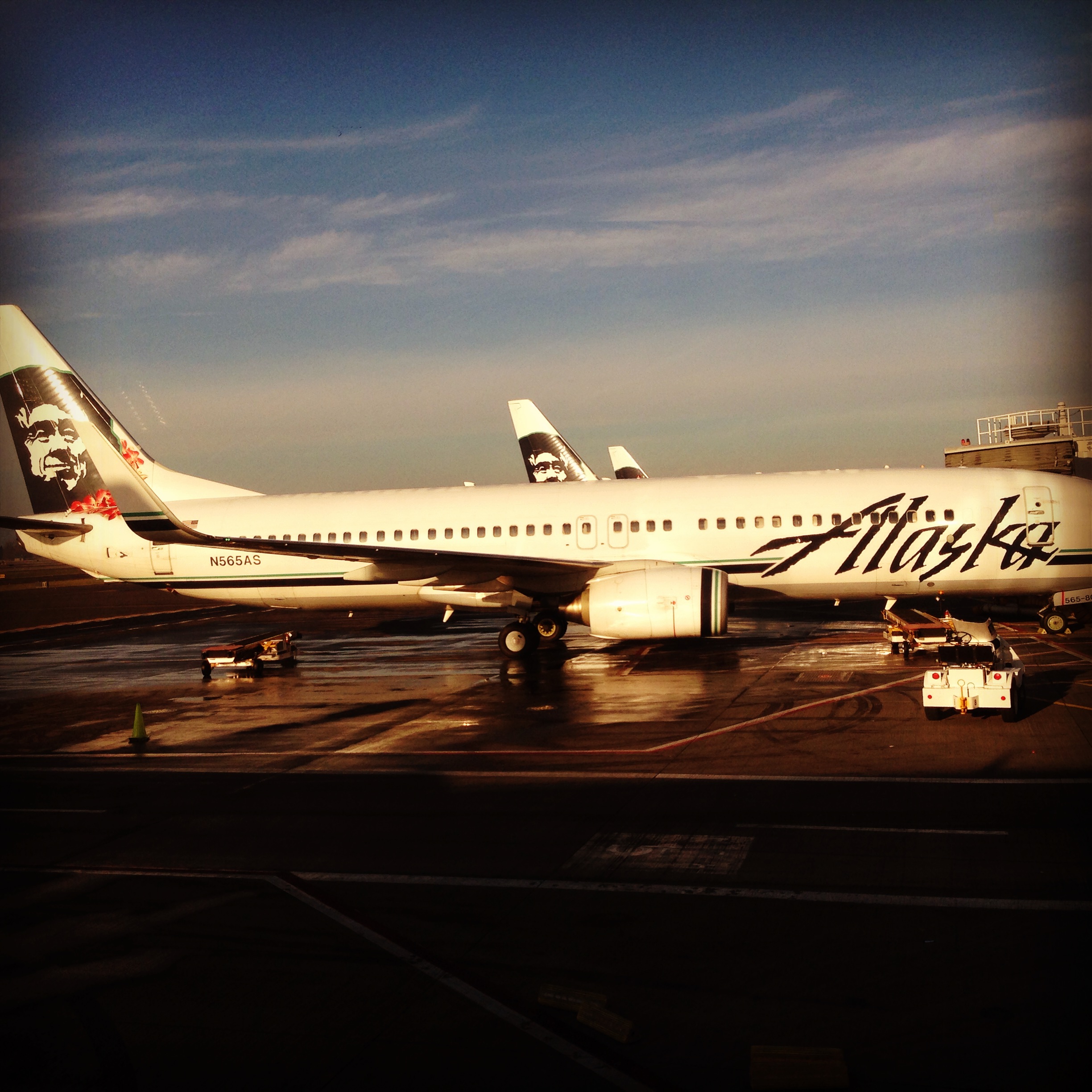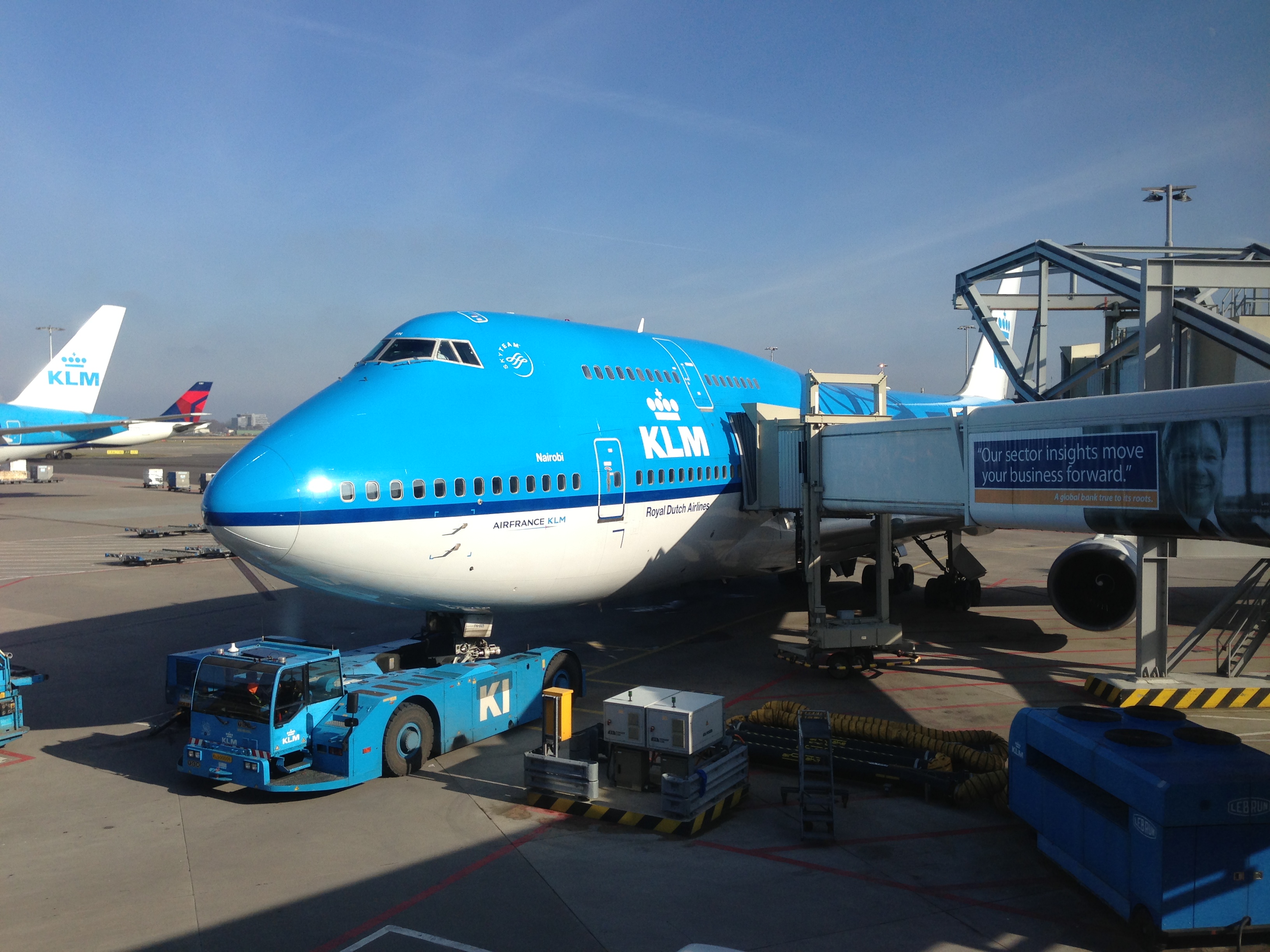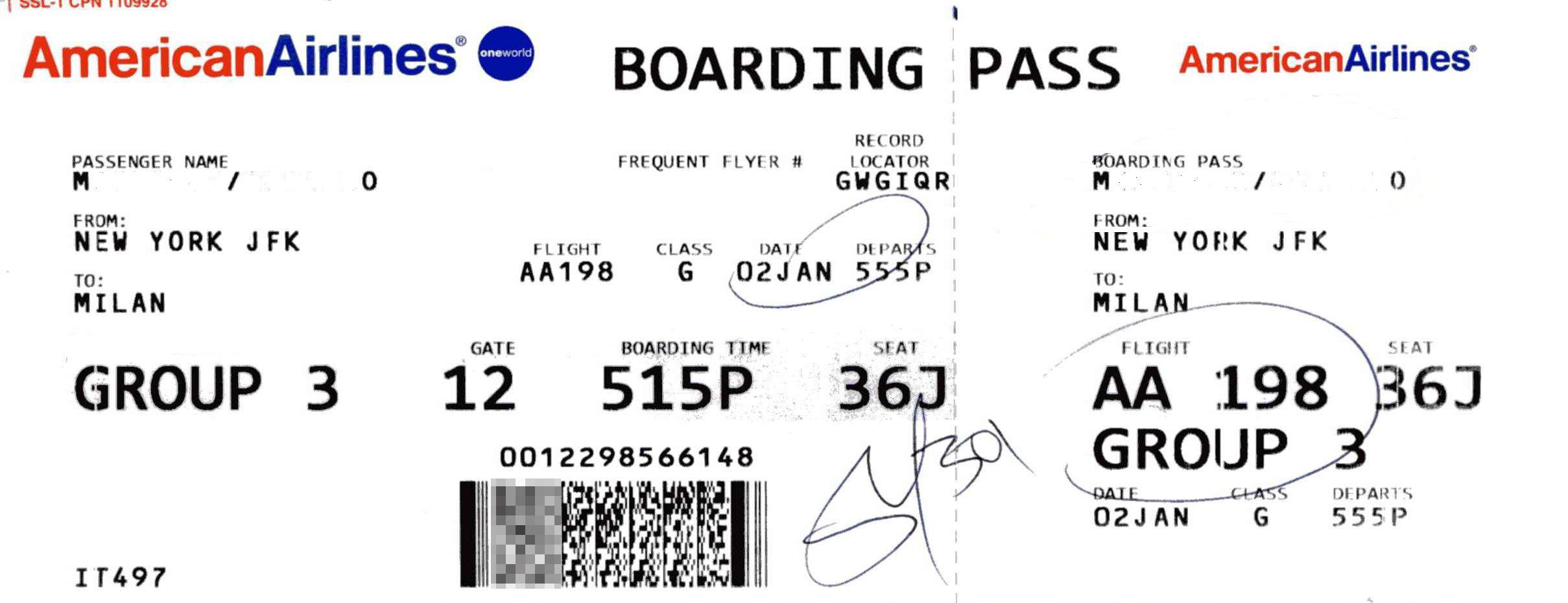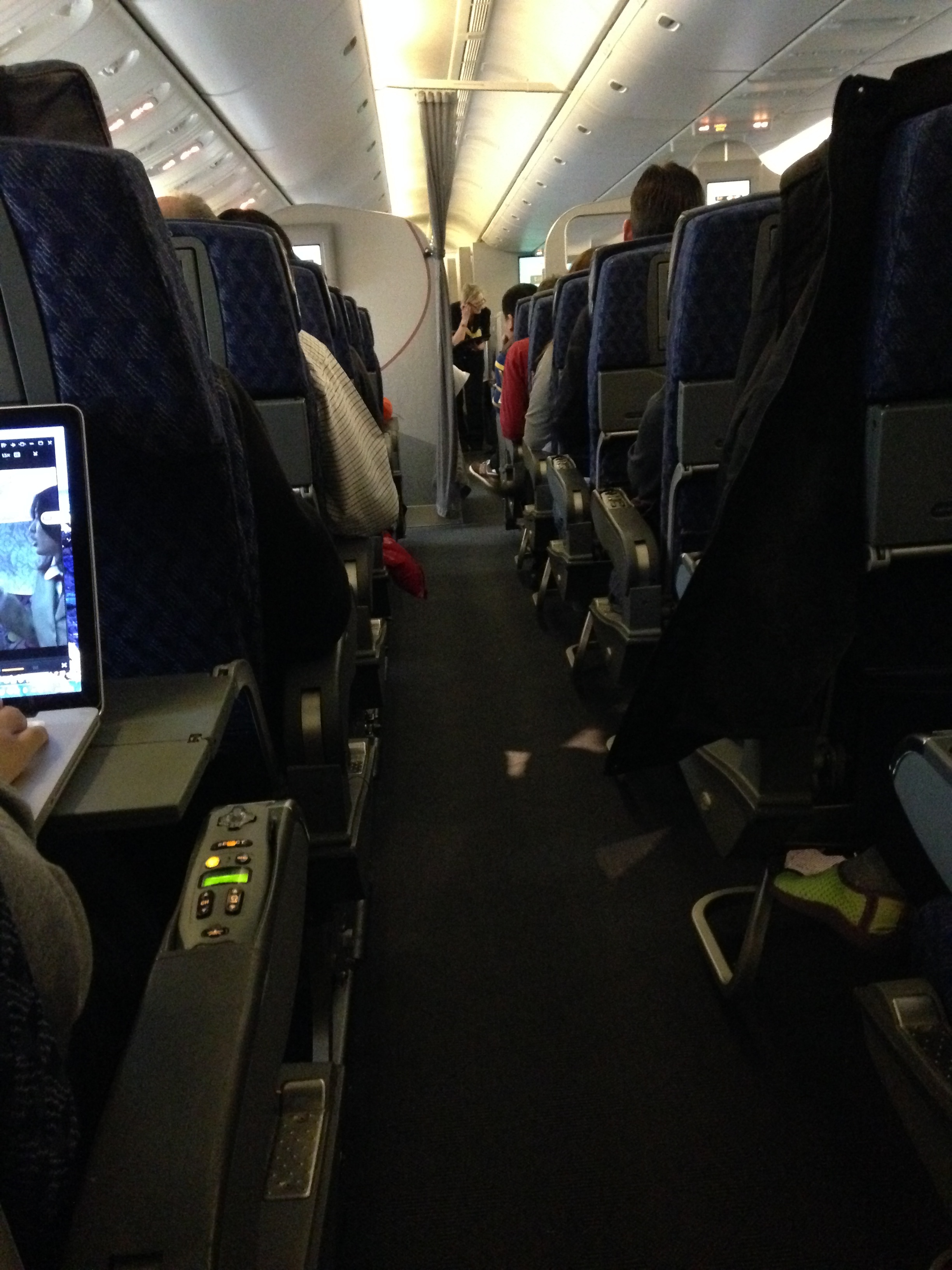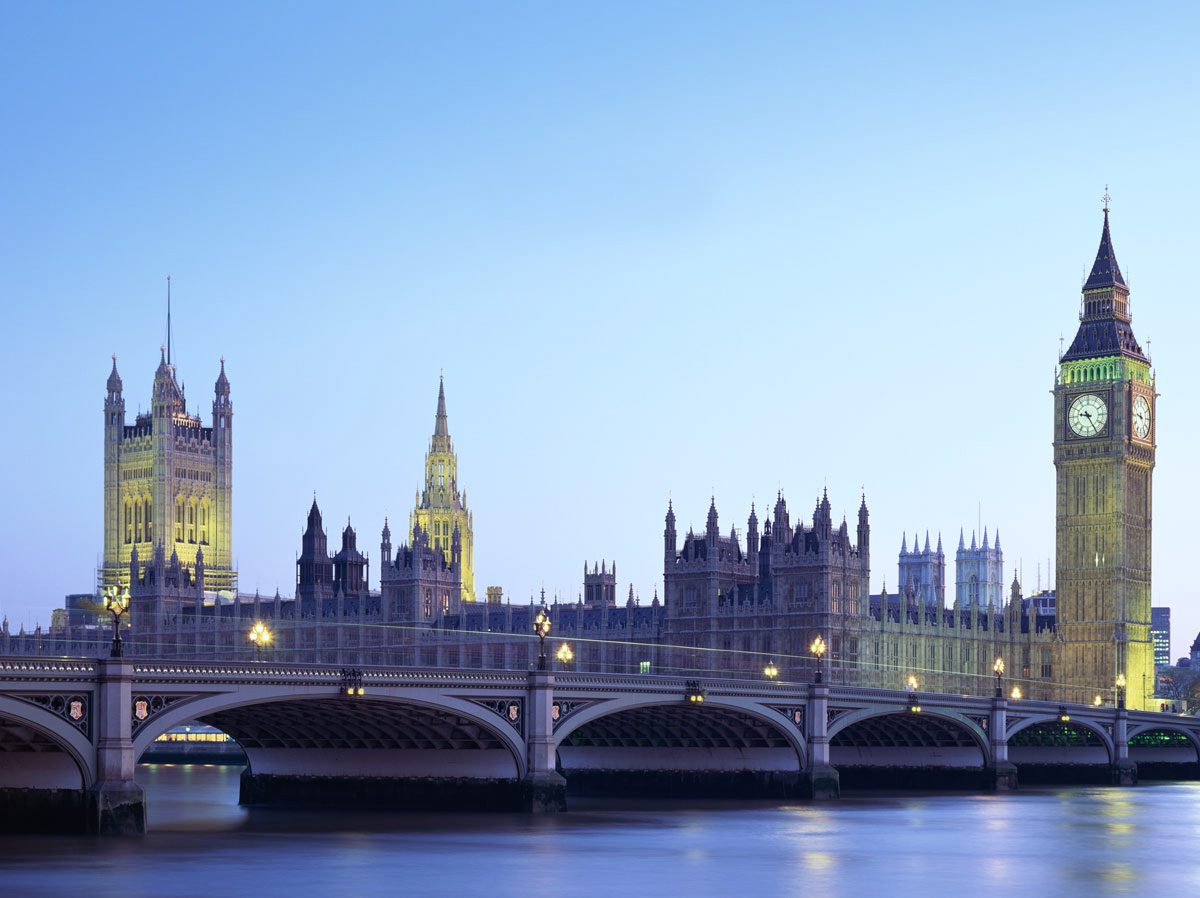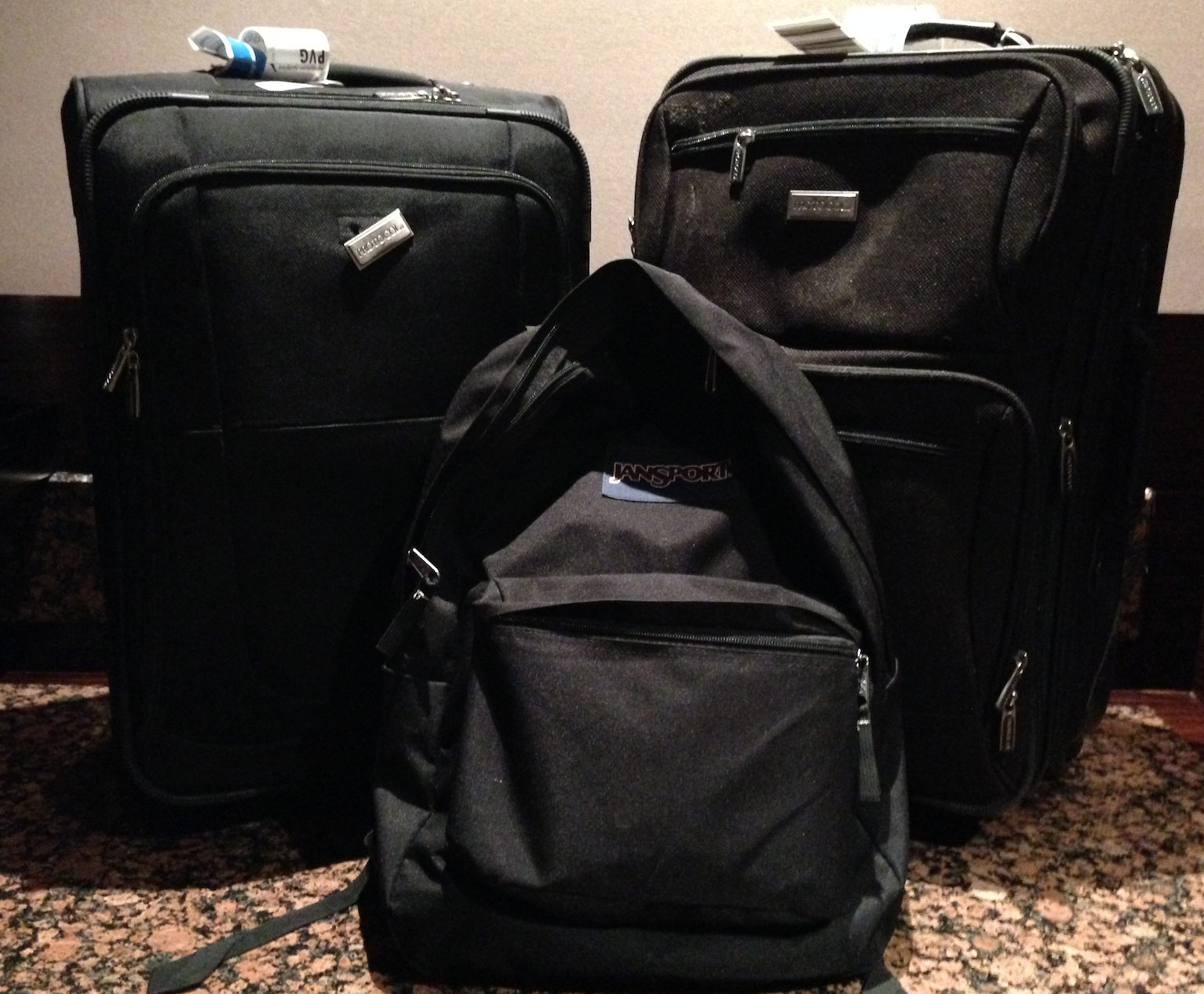Cuba isn’t as big of a hit as airlines predicted
Cuba isn’t as big of a hit as airlines predicted
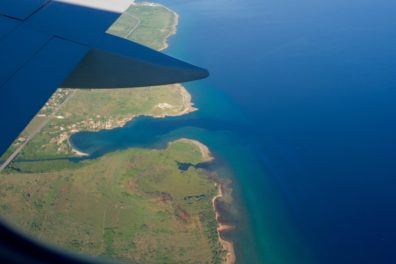
When President Obama announced that the United States would ease restrictions on travel to Cuba, nearly all U.S. airlines capitalized on the opportunity to begin offering flights to the once cut-off island which was only accessible to Cuban citizens via chartered flights from Miami, Florida.
Now, less than four months after launching its first flight to Cuba, Frontier Airlines has announced it will drop its Miami to Havana flight due to “lower-than-expected demand and high operating costs.” Similarly, Silver Airways, American Airlines, and JetBlue also announced plans to reduce service to Cuba citing similar reasons.
Clearly the airlines did not take into consideration the fact that flights to Cuba for tourism/leisure is still prohibited. While individuals seeking to travel to Cuba are no longer required to obtain licenses from the Office of Foreign Assets Control (OFAC) if their travel is covered by a general license. The general license categories are:
- Family visits;
- Official business of the U.S. government, foreign governments, and certain intergovernmental organizations;
- Journalistic activity;
- Professional research and professional meetings;
- Educational activities;
- Religious activities;
- Public performances, clinics, workshops, athletic and other competitions, and exhibitions;
- Support for the Cuban people;
- Humanitarian projects;
- Activities of private foundations or research or educational institutes;
- Exportation, importation, or transmission of information or informational materials; and
- Certain authorized export transactions.
If travel is not covered by a general license, travelers must seek OFAC authorization in the form of a specific license. For travel-specific questions, please see 31 C.F.R. 515.560.
U.S. citizens who fill their days with museum visits, cultural sightseeing, and conversations with locals and keep a daily journal, could meet the above requirements. However, travelers should be cautious and make sure their itinerary complies with U.S. laws and regulations.
DISCLAIMER: This post is not intended to be legal advice. Should you have any questions or concerns regarding the legality of your travel, please contact the United States Department of State, the U.S. Embassy in Havana, Cuba, or OFAC prior to booking any flights to Cuba. The Winglet and its authors are not responsible and accept no liability for any travel our readers may book due to this post.
